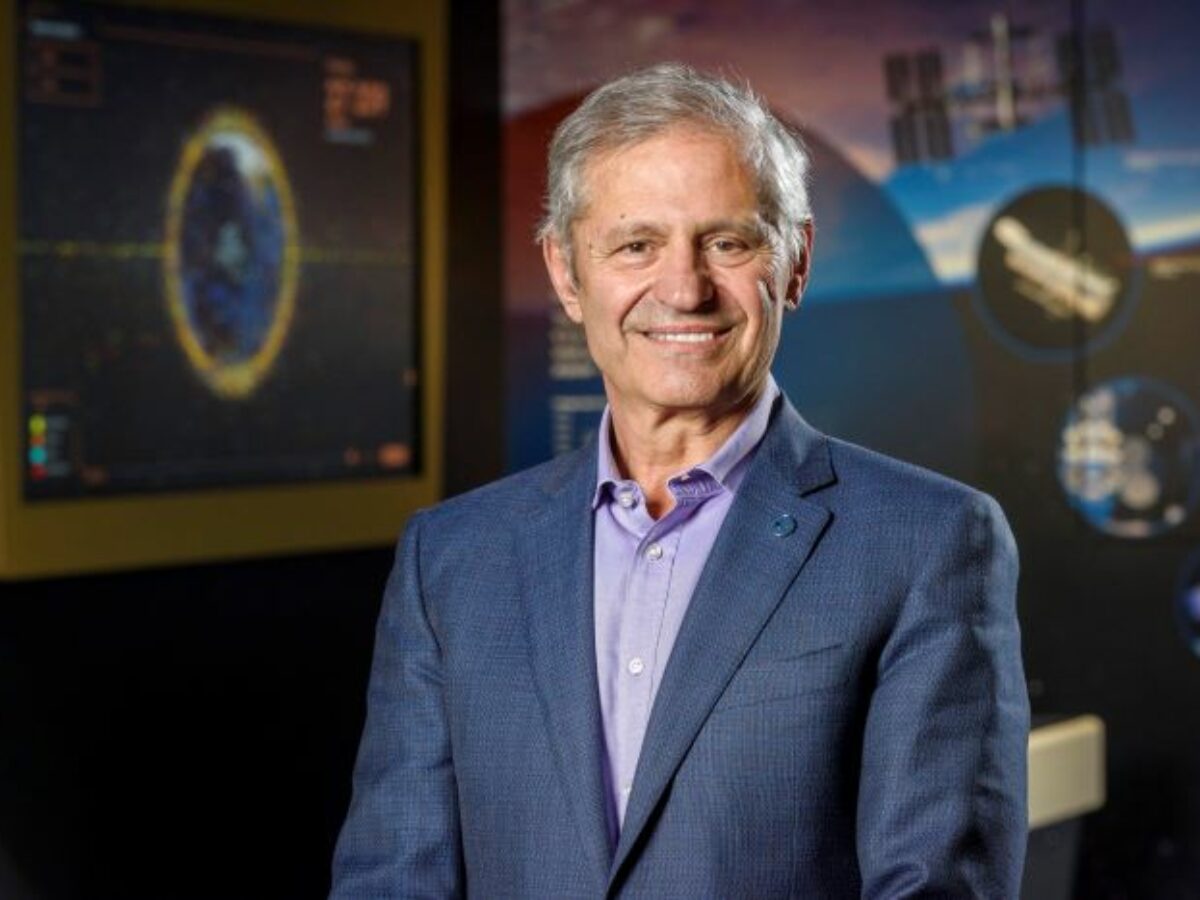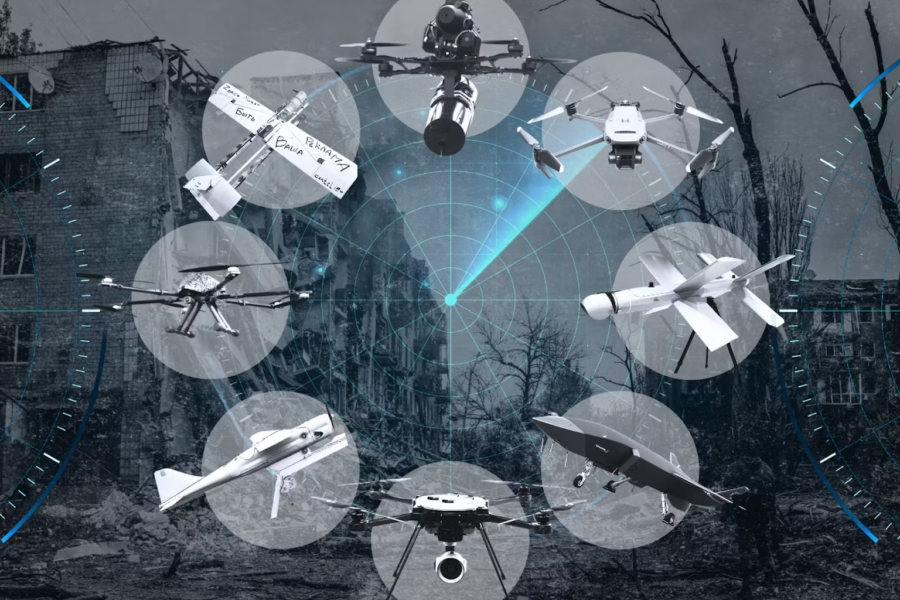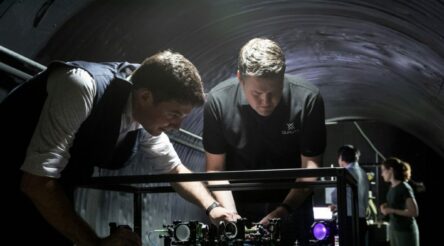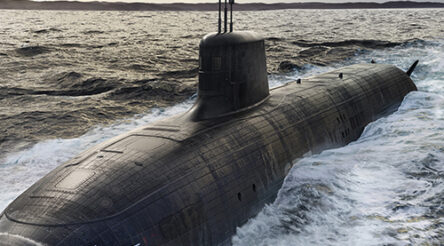SmartSat CRC aims for autonomous AI driven spacecraft

Collaborative space research centre the SmartSat Cooperative Research Centre (SmartSat) has launched a $7 million project to develop new autonomous spacecraft using artificial intelligence (AI).
The three-year project, Spacecraft Autonomy and Onboard AI for Next Generation Space Systems, or SCARLET-α, aims to create a set of autonomous algorithms that will enable small and distributed spacecraft to make decisions independently.
The resulting satellites should be able to adapt to changing conditions and handle critical situations without intervention from Earth.
Working on the project with SmartSat are Airbus, Asension, Deakin University, Defence Science and Technology Group, Leonardo Australia, Saab Australia, Swinburne University of Technology, and University of South Australia (UniSA) in a collaborative research effort.
SmartSat CEO Professor Andy Koronios (pictured) said that onboard processing has been limited to data collection, but researchers hope the algorithms they develop will allow spacecraft to perform many tasks with less intervention from human operators.
Professor Koronios said said: “As autonomous technologies advance and are embraced, their place in space will expand and present new opportunities for applications here on Earth.
“The next generation of satellite communications and earth observation will be achieved using integrated systems of satellite constellations operating autonomously and performing multiple tasks in real time.
“Such AI-enabled technologies promise to transform the major sectors of our economy, such as agriculture, farming, and mining, and better serve our defence and national security objectives.”
The project will focus on high impact areas of spacecraft autonomy and onboard AI as identified with the industry and defence partners including:
- Onboard processing and actionable intelligence
- Small spacecraft and constellation resilience
- Dynamic optimisation of constellation resources
- And real-time tasking and resource allocation.
The CRC programme is funded by the federal government and brings together public sector researchers and industry to tackle common problems.
SmartSat CRC Chair of Artificial Intelligence, UniSA STEM Professor Ryszard Kowalczyk who is leading the project, said spacecraft autonomy will be a key feature of the next generation space systems.
Professor Kowalczyk said: “Autonomy will improve Australia’s remote sensing capabilities and other vital services undertaken in space, allowing us to push the boundaries even further in orbit.
“It will help increase the responsiveness and continuity of space-based observations, minimise communication and data access delays, and reduce the costs for both space and ground operations.”
Picture: SmartSat CEO Professor Andy Koronios
Topics AI Airbus Artificial intelligence Asension Cooperative Research Centres Deakin University Defence Defence Science and Technology Group Leonardo Australia Professor Andy Koronios Professor Ryszard Kowalczyk Saab Australia Satellite communications Satellites SCARLET-α SmartSat CRC Swinburne University of Technology Technology University of South Australia
@aumanufacturing Sections
Analysis and Commentary Awards casino reviews Defence Gambling Manufacturing News Online Casino Podcast Technology Videos





